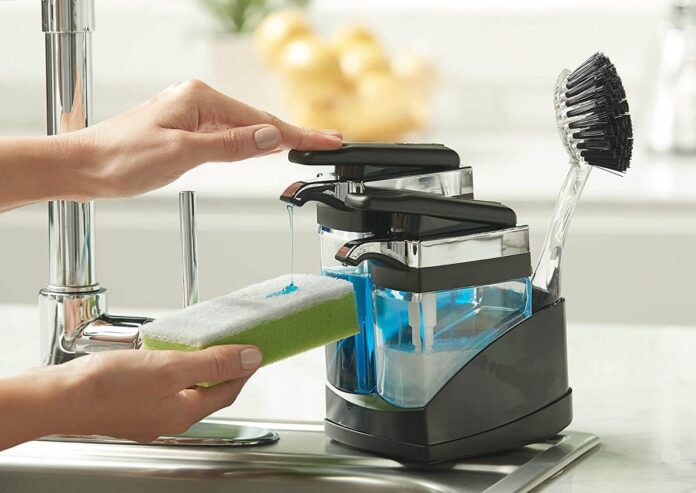Introduction
Maintaining proper hygiene is crucial for safeguarding public health. One of the most effective ways to prevent the spread of diseases and infections is through regular handwashing. In this regard, soap dispensers play a vital role in promoting hand hygiene in public spaces. This article explores the importance of soap dispensers in maintaining public health and highlights their significance in preventing the transmission of germs.
The Spread of Germs
Germs, including bacteria and viruses, can easily spread through contaminated hands. When individuals come into contact with surfaces or objects that harbor these microorganisms, they can transfer them to their hands. Subsequently, touching the face, shaking hands, or touching common objects can further propagate the spread of germs. This transmission is particularly prevalent in crowded public settings such as schools, healthcare facilities, and public transportation.
The Importance of Hand Hygiene
Hand hygiene plays a crucial role in preventing the spread of diseases. Regular handwashing helps remove dirt, germs, and other pathogens from the hands, significantly reducing the risk of infection. Studies have shown that handwashing with soap can reduce the incidence of diarrheal diseases, respiratory infections, and even skin infections. Soap is effective in breaking down the lipid envelope that surrounds many types of viruses and helps in their removal from the skin.
The Role of Soap Dispensers
Soap dispensers play a pivotal role in promoting hand hygiene in public spaces. By providing easy accessibility and convenience, they encourage individuals to engage in regular handwashing practices. Soap dispensers are strategically placed in various locations such as restrooms, entrances, and food service areas to ensure that people have easy access to soap and water for handwashing.
Encouraging Proper Handwashing Techniques
To maximize the effectiveness of handwashing, it is essential to educate individuals about proper handwashing techniques. Soap dispenser stations can feature instructional posters or videos demonstrating the correct steps for thorough handwashing. Visual cues such as timers or reminders can also be incorporated to encourage individuals to wash their hands for an adequate duration, usually around 20 seconds.
Automatic Soap Dispensers
The advent of automatic soap dispensers has revolutionized hand hygiene practices. These touchless dispensers use motion sensors to release a controlled amount of soap, eliminating the need for physical contact. Automatic soap dispensers provide several advantages, including reduced contamination risks, improved efficiency, and ease of use for individuals with mobility challenges.
Maintenance and Refilling
Regular maintenance of soap dispensers is crucial to ensure their proper functioning. Routine inspections and cleaning help prevent clogs or malfunctions that may impede access to soap. Additionally, it is essential to regularly refill soap dispensers with antibacterial soap to maintain hygiene standards and provide an uninterrupted supply for handwashing.
Soap Dispensers in Different Public Settings
Soap dispensers are vital in various public settings, especially schools and healthcare facilities. Schools often have high population densities, making proper hand hygiene a priority. Installing soap dispensers in restrooms and common areas promotes a hygienic environment and reduces the risk of disease transmission among students and staff. Similarly, in healthcare facilities, soap dispensers in patient rooms, waiting areas, and staff areas are essential for infection prevention and control.
Promoting Hand Hygiene Culture
Promoting hand hygiene requires collaborative efforts between government agencies, businesses, and individuals. Governments can implement policies that mandate the presence of soap dispensers in public places and invest in public health infrastructure. Businesses should prioritize hand hygiene by ensuring soap dispensers are well-maintained and adequately stocked. Individuals should be encouraged to take responsibility for their own hand hygiene and raise awareness among their peers and communities.
Conclusion
Soap dispensers play a vital role in maintaining public health by promoting proper hand hygiene. By providing accessibility, convenience, and education, these dispensers encourage regular handwashing practices. Automatic soap dispensers offer additional hygienic benefits. However, maintaining and refilling soap dispensers is essential to ensure their effectiveness. By prioritizing hand hygiene and investing in soap dispenser infrastructure, we can create a healthier and safer environment for everyone.








